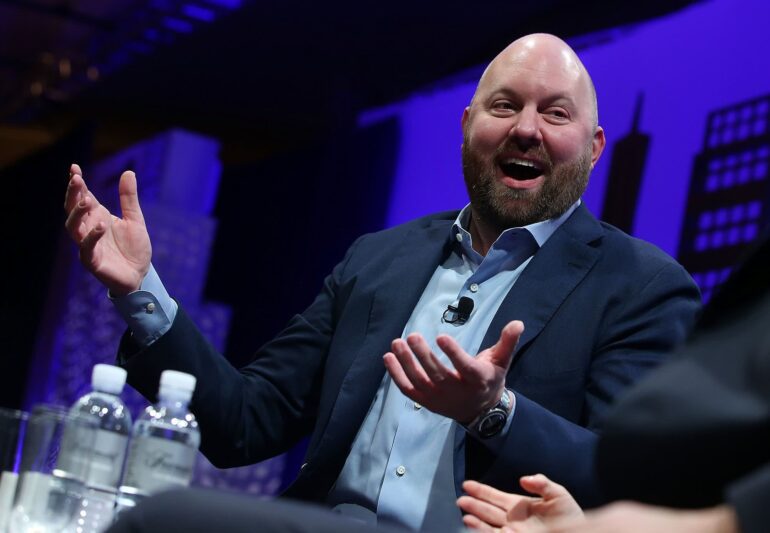TL;DR:
- Andreessen Horowitz and General Catalyst invest $50 million in Hippocratic AI.
- Hippocratic AI utilizes generative artificial intelligence to reduce medical costs and enhance healthcare accessibility.
- The startup’s technology provides non-diagnostic information to patients, such as pre-operation instructions and explanations of medical bills and insurance procedures.
- Hippocratic AI’s AI model has achieved over 100 healthcare certifications and outperformed OpenAI’s GPT-4 on standardized tests.
- The system relies on a large language model (LLM) similar to OpenAI’s ChatGPT.
- The startup aims to train its technology to exhibit a compassionate “bedside manner” of healthcare professionals.
- Hippocratic AI’s AI is not intended to replace physicians but to support various roles in the healthcare system.
- The LLM can assist with billing, healthcare benefits explanation, and simulate professionals like registered dietitians and compliance officers.
- Healthcare professionals, including pediatric nurses and dietitians, provided feedback during the technology’s development.
- The availability of Hippocratic AI’s technology to the public will be determined through a “threshold-based” strategy based on professional feedback.
- The startup has not yet devised a monetization plan for the LLM.
- Hippocratic AI was founded by physicians, healthcare professionals, and AI researchers from top institutions and technology companies.
Main AI News:
Andreessen Horowitz and General Catalyst have joined forces to lead a significant $50 million investment in Hippocratic AI, an innovative startup focusing on generative artificial intelligence. With the goal of reducing medical costs and enhancing healthcare accessibility, Hippocratic AI utilizes a powerful language model similar to OpenAI’s ChatGPT, known as LLM (Large Language Model). Although the precise valuation of Hippocratic remains undisclosed in this seed-stage investment, the startup has shared preliminary details regarding its groundbreaking technology.
The key function of Hippocratic AI’s tool is to provide patients with non-diagnostic information, including pre-operation instructions and comprehensive explanations of medical bills and insurance procedures. By leveraging its LLM, the system exhibits the capabilities of chatbots, offering valuable insights to patients. It’s worth noting that Hippocratic AI’s AI model has achieved over 100 healthcare certifications, outperforming even OpenAI’s advanced GPT-4 model on standardized tests—an achievement that has not gone unnoticed in the industry.
As a participant in the booming AI technology landscape, Hippocratic AI capitalizes on the tremendous popularity of ChatGPT and similar neural networks. These cutting-edge systems are trained on vast amounts of data collected from various sources on the internet, enabling them to process natural language, recognize patterns, summarize information, translate languages, make predictions, and even generate text autonomously.
However, Hippocratic AI’s vision extends beyond solely providing information. The company is actively training its technology to emulate the compassionate “bedside manner” expected from healthcare professionals such as physicians and nurses. Munjal Shah, the CEO of Hippocratic AI, emphasized in an interview with Bloomberg Television that the company does not aim to replace physicians but rather to enhance the healthcare system by leveraging generative AI in a supportive role.
Shah highlighted the significance of the LLM’s ability to generate responses that assist with billing, explanation of healthcare benefits, and even simulate the expertise of professionals like registered dietitians and hospital compliance officers. In order to ensure the accuracy of their AI-generated answers, Hippocratic AI engaged healthcare professionals, including pediatric nurses and dietitians, who provided valuable feedback during the technology’s development phase.
Regarding the availability of Hippocratic AI’s technology to the public, specific details were not disclosed. However, Shah outlined a “threshold-based” strategy for its rollout, meaning that the LLM’s accessibility will be determined based on feedback from the healthcare professionals who have been enlisted by Hippocratic AI. While the startup has yet to devise a monetization plan for the LLM, its commitment to refining the technology and incorporating professional input demonstrates its dedication to improving patient experiences.
Hippocratic AI was established by a group of visionary individuals, including physicians, healthcare professionals, and AI researchers from esteemed institutions such as Stanford and Johns Hopkins universities, as well as renowned technology companies like Google’s Alphabet Inc. and Nvidia Corp. This diverse and accomplished team serves as a testament to the expertise and ambition driving the innovative advancements of Hippocratic AI in the field of healthcare and artificial intelligence.
Conlcusion:
The investment in Hippocratic AI by prominent venture capital firms Andreessen Horowitz and General Catalyst signifies the growing significance of generative artificial intelligence in the healthcare market. By leveraging a powerful language model and focusing on reducing medical costs and improving healthcare accessibility, Hippocratic AI aims to revolutionize the industry.
The startup’s ability to outperform OpenAI’s advanced model on standardized tests and its commitment to incorporating professional feedback highlights its potential for success. As the market witnesses the emergence of innovative AI technology companies like Hippocratic AI, there is a clear indication of the increasing demand and opportunities for transformative solutions in healthcare.

